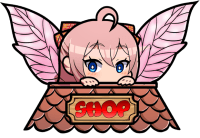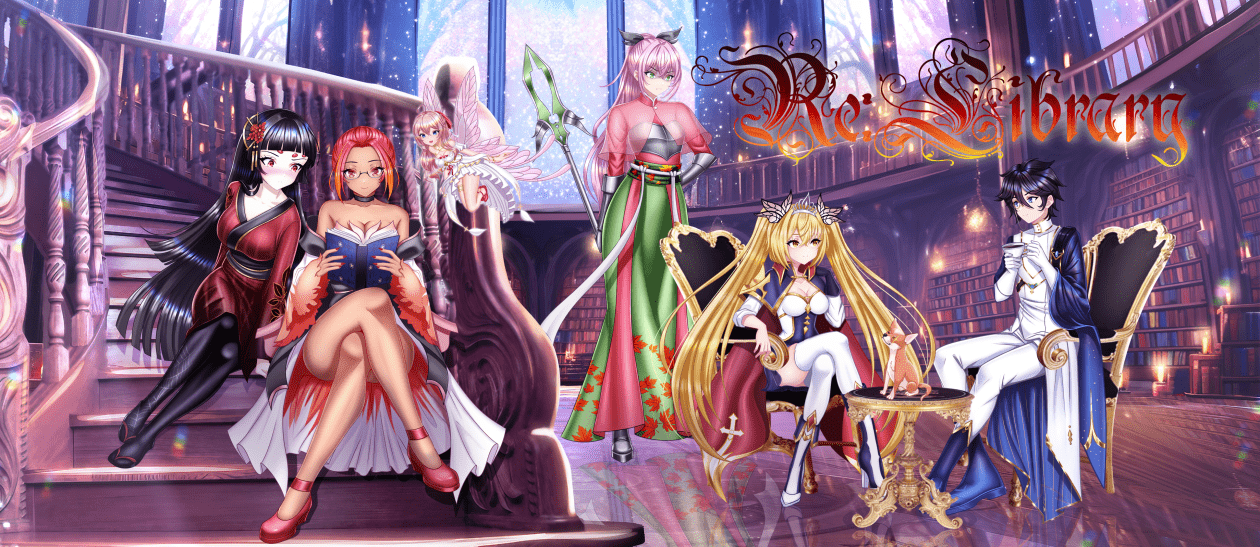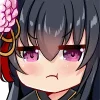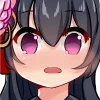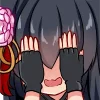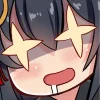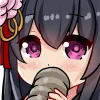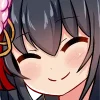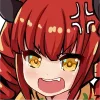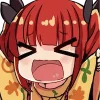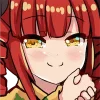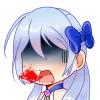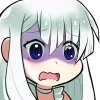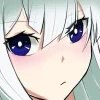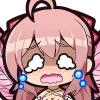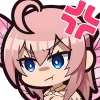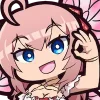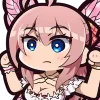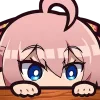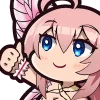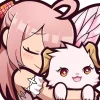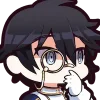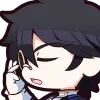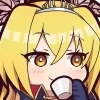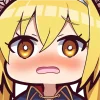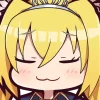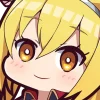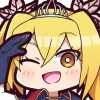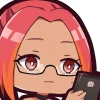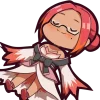| Author: Eltria | Original Source: Syosetu |
| Translator: Mui | English Source: Re:Library |
| Editor(s): Robinxen | |
Two months had passed since we began spending our weekends training under Old Master Tao Ran and our weekdays attending St. Salaius Middle School. On Monday mornings, the shadow of the Dragon Trees along our route to school had grown denser under the summer sun.
“Good morning!”
A patrolling police officer standing by the shade of the trees greeted us cheerfully as he noticed us. It had become common to see at least one police officer during the times we went to and from school.
Since the overall security patrols in the city had been strengthened, we hadn’t seen any sign of the men who tried to abduct Hom. Despite my father teaching us how to act like ‘ordinary children,’ we couldn’t afford to let our guard down.
“…Oh, those scary people…”
As we approached the outer wall of the Black Dragon Religion’s church, Alfe pointed at it. There, posters with sketches of the two men were pasted.
Reading the notice, it seemed they were wanted for crimes unrelated to their attempted abduction of us. I doubted they had escaped unscathed from Tao Ran’s attack, and it looked like they had been cut off from their organization, scapegoated to cover up the bigger crimes. Although some time had passed, reducing the immediate threat, it had made planning our next move more difficult.
The last class of the day was Magic History. With summer vacation starting tomorrow, the students in the classroom were more excited than usual.
While listening to the Gutenberg boy boast about his plans to go to a resort, I found myself contemplating how to spend the summer break.
The summer homework would only take a few days to complete, so I considered extending Hom’s training beyond the weekends. Since Tao Ran wouldn’t accept money, I should bring some kind of gift to show our appreciation.
Just as I was about to discuss this with Alfe, the bell rang, and Ms. Anais took the podium.
“Let’s begin our final class of the day. Tomorrow marks the start of summer vacation, but let’s focus for just a little longer.”
Ms. Anais’ firm voice quickly silenced the classroom. Her classes always felt different from the others. It was reminiscent of the feeling from when Alfe and I were first put in the daycare—It was like that sense of security we felt when we finally returned home.
Back then, I couldn’t articulate it well, but now I understood. Even though I used to have doubts about my family, that house was my home, and my parents were undoubtedly my family. The same sense of belonging applied to this school, especially in the classes of Ms. Anais and Mr. Lionel.
I realized how fortunate I was to attend this school with Alfe and receive guidance from such understanding teachers. Alfe’s presence by my side was something I deeply appreciated.
Noticing my gaze, Alfe smiled and met my eyes.
Leafa.
Though her lips hadn’t moved, I felt as if I clearly heard Alfe’s voice. She smiled and nodded, urging my gaze toward Ms. Anais at the podium.
As I looked at the board, I saw that the lesson had reached an important point. Despite having prepared for the class, the insights and testimonies of Ms. Anais, an expert in magical history, were far more engaging than the textbook. I decided to focus on the lesson.
“The magic you are all familiar with today enriches our lives and fuels our creativity. However, we must not forget its origins—”
This shared subject of Magic History included not just us second-year students but also third-year students who had failed the course previously. Ms. Anais’ opening words reminded me of the moral lessons we had in elementary school.
“Magic was originally created for war. Primitive magic was a weapon, intended for attacking others and taking their lives.”
Glass was perhaps more knowledgeable about this topic of that era. Starting from three hundred years ago when I lived as Glass, and going back another thousand years, this world was dominated by a technologically advanced group known as the Old Humanity.
The Old Humanity had discovered an invisible energy resource called mana. In their quest to harness this new resource, they created new forms of life capable of utilizing it.
Drowning in their own knowledge and technology, the Old Humanity sought to surpass even the gods. They created magical beasts, demi-humans with animal traits, and ultimately, a new race they called the ‘New Humanity.’
The New Humanity, in essence, referred to us. We possessed something called a magical internal organ, which allowed us to absorb mana from the atmosphere and convert it into aether through mana conversion.
Following their prolonged oppression as slaves by the Old Humanity, the New Humanity revolted, leading to a large-scale war between the two groups.
“During this war, the New Humanity—our ancestors—developed what we now know as magic as a weapon. The evolution of magic has always been closely tied to warfare. Consequently, many forms of magic are now considered forbidden because they are unnecessary in peaceful times. Nonetheless—”
Ms. Anais paused, her gaze sweeping across the room. “We must constantly reflect on the nature of magic.” Her words resonated deeply in the silent classroom, carrying a weight that compelled us all to nod in agreement.
“Magic is rooted in the creativity of its practitioners. If wielded by someone with a malicious heart, it can give birth to new, malevolent forms of magic. This school emphasizes not only the aptitude for magic but also the awareness of its potential dangers. I urge you all to never forget this and to channel your unique imagination in positive ways.”
Having heard similar lessons in elementary school moral classes, I now understood their profound significance. If taken at face value, the story depicted the Old Humanity as foolish and the New Humanity as their triumphant overthrowers. However, the essence of the story went far beyond that simple dichotomy.
Ms. Anais’ talk was not just about magic; it applied equally to alchemy and magical engineering as well. Alchemy was another ancient technology discovered by the Old Humanity, and war had been a major catalyst for its development.
As Glass, I had provided magical tools to the Kamut during the Great War between humans and magical beings, seeking the ultimate truth of the world. Ironically, it was one of those tools, the Nehushtan, that ended up taking my life.
Suddenly, I became aware of Hom and glanced towards her seat at the back.
“Did you call for me, Master?”
Hom responded, barely moving her lips and speaking in a whisper. I silently shook my head and began writing in my still-blank notebook.
Homunculi were originally tools of war.
No matter how human Hom might appear, no matter how loyal she was to me, I had to see her as a tool1. That was why I had created her.



